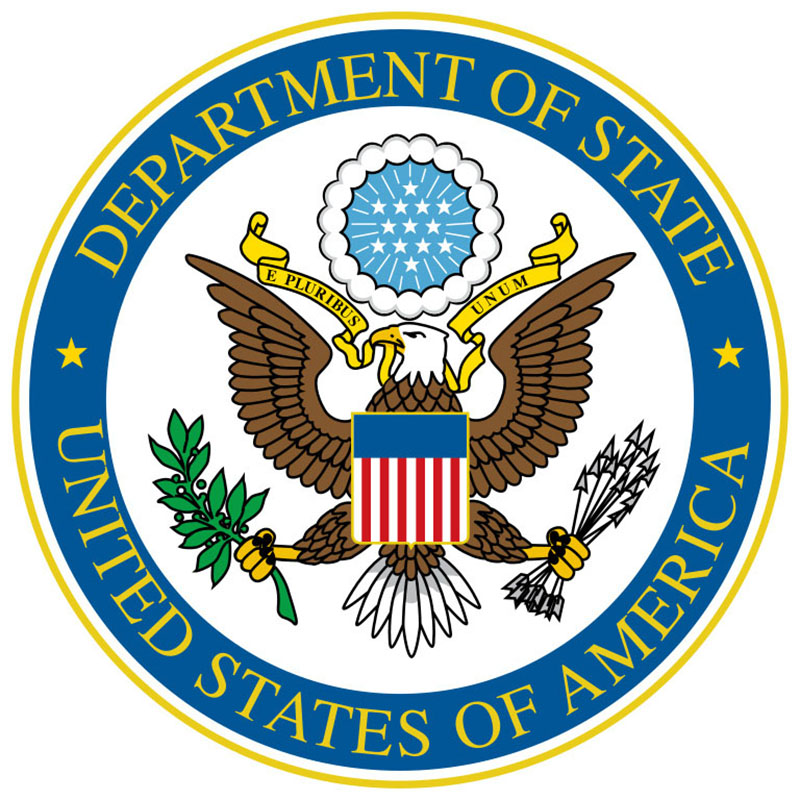Ask-the-Consul Installment 24-08
Embassy of the United States of America100 Duke & Young Streets, Kingston, Georgetown, Guyana
Many family-sponsored immigrant visa applicants have questions about the eligibility of their children who turn age 21 while their petition is pending. This edition of our Ask-the-Consul will explain the Child Status Protection Act (CSPA) and its applicability.
For immigration purposes, who is considered a “child”?
United States immigration law defines a child as a person who is both unmarried and under 21 years old.
If a child is included on a family-sponsored petition but turns 21 years old before the visa is approved, that person can no longer be considered a “child” for immigration purposes. This situation is commonly referred to as “aging out.” The CSPA may allow some applicants who have “aged out” to continue receiving an immigration benefit.
What exactly is the CSPA?
The CSPA became effective on August 6, 2002. It was enacted to preserve “child” status for certain beneficiaries who would otherwise “age out” (turn 21 years old before they could be issued a visa) due to administrative delays in USCIS processing. To be CSPA qualified, an applicant must meet two criteria:
1) Their “CSPA age” must be under 21 years old.
2) The applicant must take action to apply for a visa within one year of a visa number becoming available.
The “CSPA age” is the result of subtracting the number of days the immigrant visa petition was pending approval with USCIS from the actual age of the applicant on the date the visa became available.
My petition was filed many years ago and my child (who is now age 21) was originally included. I just received my appointment letter, and s/he is not included. What should I do?
The CSPA uses a specific mathematical formula to determine visa eligibility for a child. If your case has been assigned an appointment date and transferred to the Embassy for processing, please email or provide the consular section with a copy of the child’s birth certificate and your case number and request that consular officials check if the CSPA applies to your case. To avoid processing delays, you should contact the consular section before your visa interview date. Please note that NOT all children will qualify for CSPA.
My case is still at the National Visa Center (NVC), and my daughter turns age 21 soon. I’m worried she will be taken off my case. Can my case be expedited to prevent this?
If the priority date on your case is current, NVC can apply the CSPA formula to determine if your child may continue to qualify after turning age 21. If the calculations indicate that the child may NOT benefit from the CSPA, the case may be expedited to the Embassy for processing prior to the child’s 21st birthday. Remember, your priority date MUST be current before NVC can apply the CSPA formula.
You may contact NVC directly using their contact form at https://travel.state.gov/content/travel/en/us-visas/immigrate/national-visa-center/nvc-contact-information.html if you would like NVC to review the applicability of the CSPA on your case.
The Embassy notified me that my child, who was originally on my case, did not qualify for a visa under the CSPA. What do I do now?
Regrettably, not everyone will continue to qualify for immigration benefits as a “child” after turning age 21. In these cases, the principal applicant may file an I-130 immigrant visa petition for the aged-out child after becoming a lawful permanent resident of the United States.
Can Consular Officers make an exception if the child is not CSPA eligible?
Determining if a child qualifies for immigration benefits after turning age 21 is NOT a discretionary decision. Rather, the CSPA provides a specific mathematical formula to determine a child’s “CSPA age.” If the formula returns a “CSPA age” of under 21, the applicant may continue to benefit. If the formula indicates a “CSPA age” of over 21, the applicant will no longer be eligible. While consular officers understand it may be difficult to immigrate without an adult child, they are bound by the findings of the CSPA and are unable to make exceptions based on humanitarian or any other grounds.
My friend told me her child who is age 23 qualified and received a visa but the Consular Officer told me that my child who is age 22 didn’t qualify. How is that possible?
To determine if a child qualifies under the CSPA, we subtract the time the petition was pending approval at USCIS from the actual age of the child at the time the visa number became available. These variables would be different in every case, resulting in different outcomes for each individual case.
To learn more about the CSPA formula, please review the “CSPA for Family and Employment Preference and Diversity Visa Immigrants” tab at https://www.uscis.gov/green-card/green-card-processes-and-procedures/child-status-protection-act-cspa.
***
“Ask the Consul” is a monthly column from the U.S. Embassy answering questions about U.S. immigration law and other Consular topics. Detailed information about visas can be viewed at https://gy.usembassy.gov/, https://ais.usvisa-info.com/, and https://travel.state.gov/. Information about American Citizen Services can be found at https://gy.usembassy.gov/u-s-citizen-services/.
Applicants are strongly encouraged to prepare their own documents and avoid third-party advice. Consular processes change frequently, and non-U.S. government advisors often provide inadequate or inaccurate information. Please contact our Visa Information Service Center using the contact information at https://ais.usvisa-info.com/en-gy/niv/information/contact_us if you have general visa questions.






